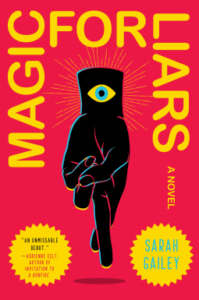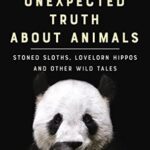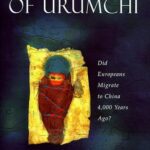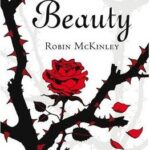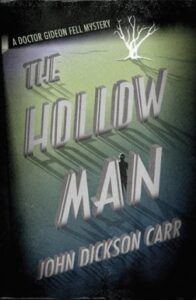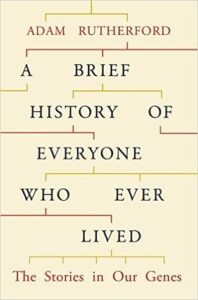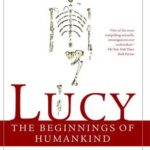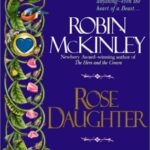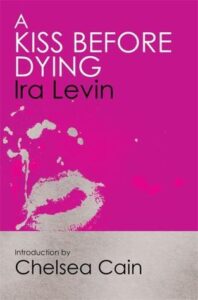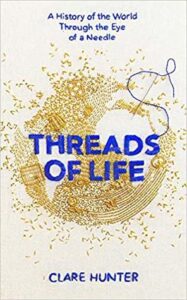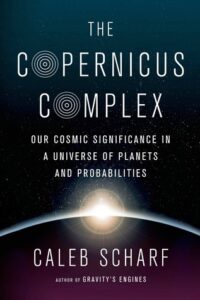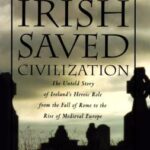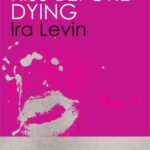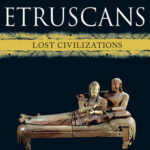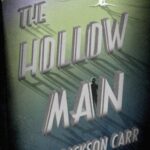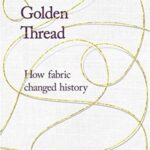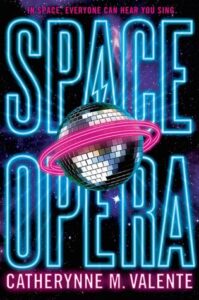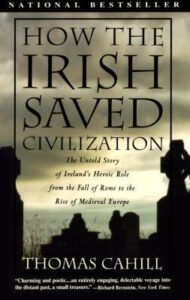 How the Irish Saved Civilization, Thomas Cahill
How the Irish Saved Civilization, Thomas Cahill
A more accurate, but less attention-drawing title, would be something like “How the Irish helped to preserve the literary records of the Greeks and Romans”. In parts, it’s more of a history of the fall of Rome than about the Irish, and in others, it’s more about the coming of Christianity to Ireland. Cahill’s portrait of St Patrick is rather tender and actually worth the read if you’re interested in reading about a saint who seemed to be a bit of a stand-up bloke, but… none of this is actually about saving civilisation in any kind of general sense.
Which all makes sense, because awesome as Ireland can be, saving civilisation is a bit too big a task. I don’t even agree with Cahill in the sense that Greek and Roman literature and philosophy were that necessary for later civilisation to exist — there would be civilisation, I’m sure: it just wouldn’t be Western civilisation. There’s way too much privileging of the Classical and Christian tradition in this book, in a way that’s kind of gross if you consider how many other civilisations have existed. He’s also a patronising dick about medieval people in general, spouting cliches all over about their views and inner feelings in a generalising and condescending sort of way. Meh.
Cahill is certainly invested in his subject matter, and fascinated by what he’s writing: he portrays St Patrick in particular with sympathy and care. However, there’s that basic premise being all wrong, the condescension towards whole peoples and ways of life, and the condescension to the reader in assuming they’ve never encountered Plato and couldn’t possibly understand what Plato is saying.
Meh.

